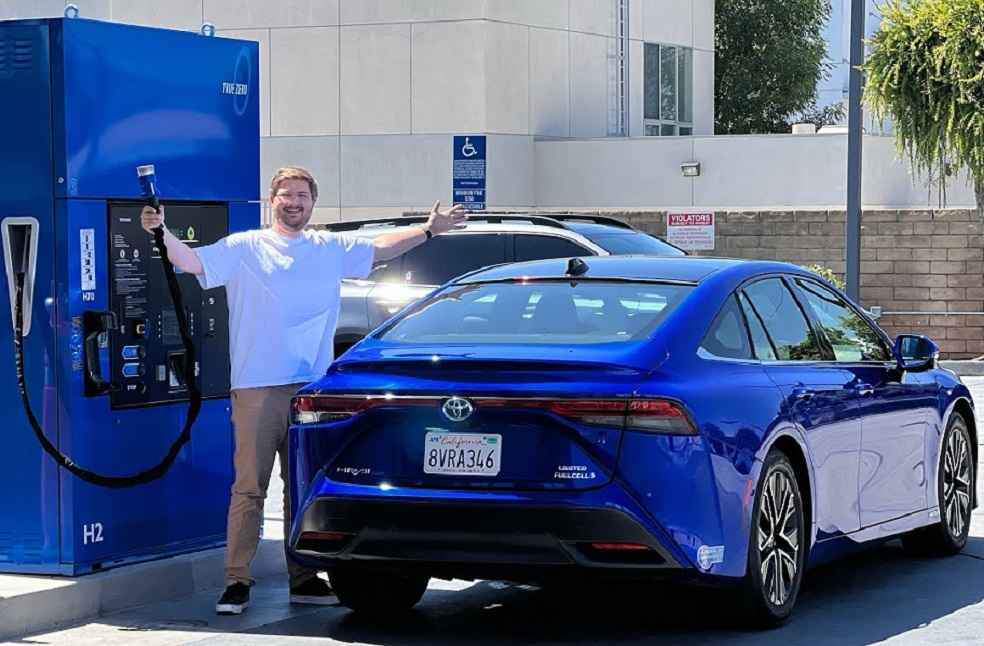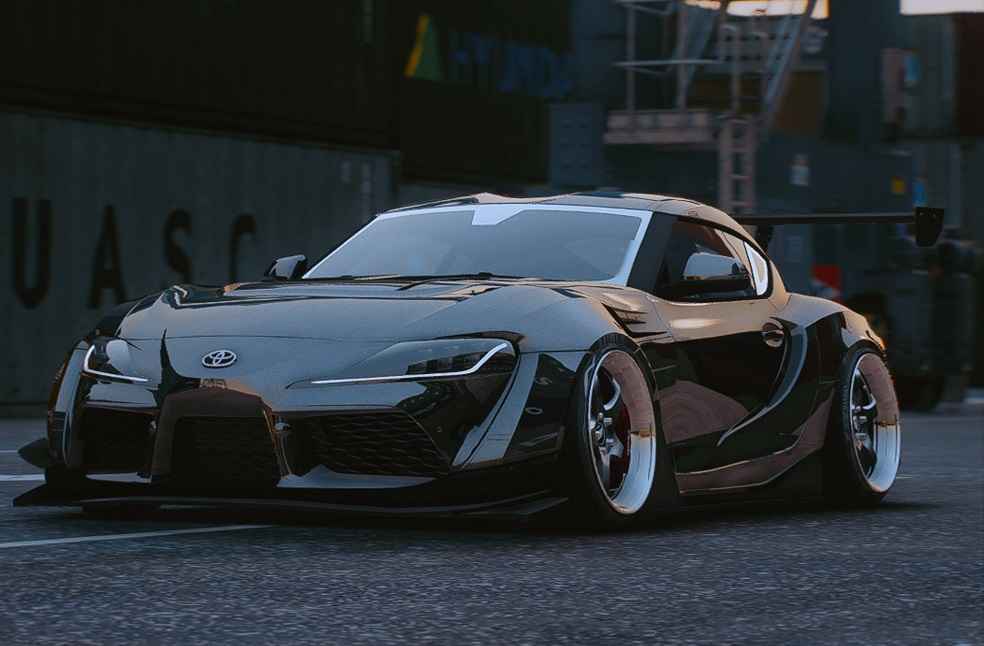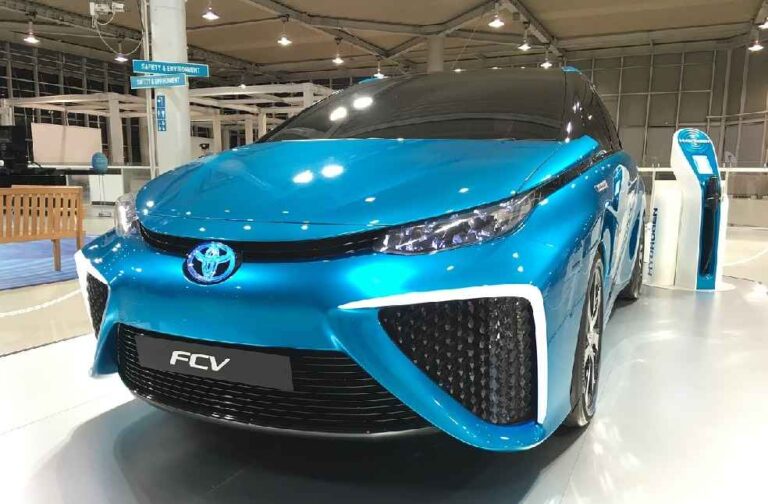Japanese autoworld leader Toyota, known for its innovative spirit, is charting a course towards a cleaner automotive future. By 2026, the company aims to debut next-generation hydrogen fuel cell vehicles (FCEVs) that offer zero tailpipe emissions, remarkable affordability, and enhanced efficiency.
Toyota’s game-changing initiative tackles one of the major impediments to widespread hydrogen usage – the high cost. The automaker’s bold solution? Next-gen fuel cells that slice costs by half while extending range by a significant 20 percent compared to existing models.

At a recent technical briefing, Toyota shared strategic plans devised to respond to the fast-paced changes in the fuel cell market. The linchpin of these strategies is the establishment of the ‘Hydrogen Factory.’ This streamlined organization, guided by a single leader, is designed to manage everything from product development to sales and marketing strategies efficiently.
Not content with merely revolutionizing fuel cell design and manufacturing, Toyota has ventured into the realm of hydrogen production. The company has created innovative electrolysis equipment to generate hydrogen via water electrolysis. This commitment extends even further afield to Thailand, where Toyota plans to produce hydrogen from biogas, a byproduct of chicken manure and food waste.
The hydrogen campaign’s focal point rests on Toyota’s commercial vehicle (CV) lineup, spanning light, medium, and heavy-duty trucks, in addition to buses. Toyota predicts a robust cost reduction of 50 percent, provided they reach their ambitious order forecast of 200,000 units by 2030.

While the hydrogen fuel cell market is increasingly competitive, with South Korean automotive heavyweight Hyundai introducing the Xcient Hydrogen truck in the U.S. in May, Toyota’s Mirai remains the sole hydrogen-powered model currently on offer in the American market.
Toyota’s dedication to sustainable automotive solutions extends to its plans for the electric vehicle (EV) market. As part of the briefing, the company unveiled its upcoming next-gen batteries, expected to deliver a staggering cruising range of 621 miles with a charging time as quick as 10 minutes.
Toyota’s vision for the future spans both EVs and FCEVs, exemplifying its commitment to achieving carbon neutrality. The company underscored this commitment earlier this year by unveiling two AE86 concepts, one fully electric and the other hydrogen-powered. These ambitious initiatives, set to materialize over the next three years, forecast a promising future for Toyota as a trailblazer in the sustainable automotive industry.
GENERAL: HySE for Hydrogen Revolution in Small Mobility Sector





